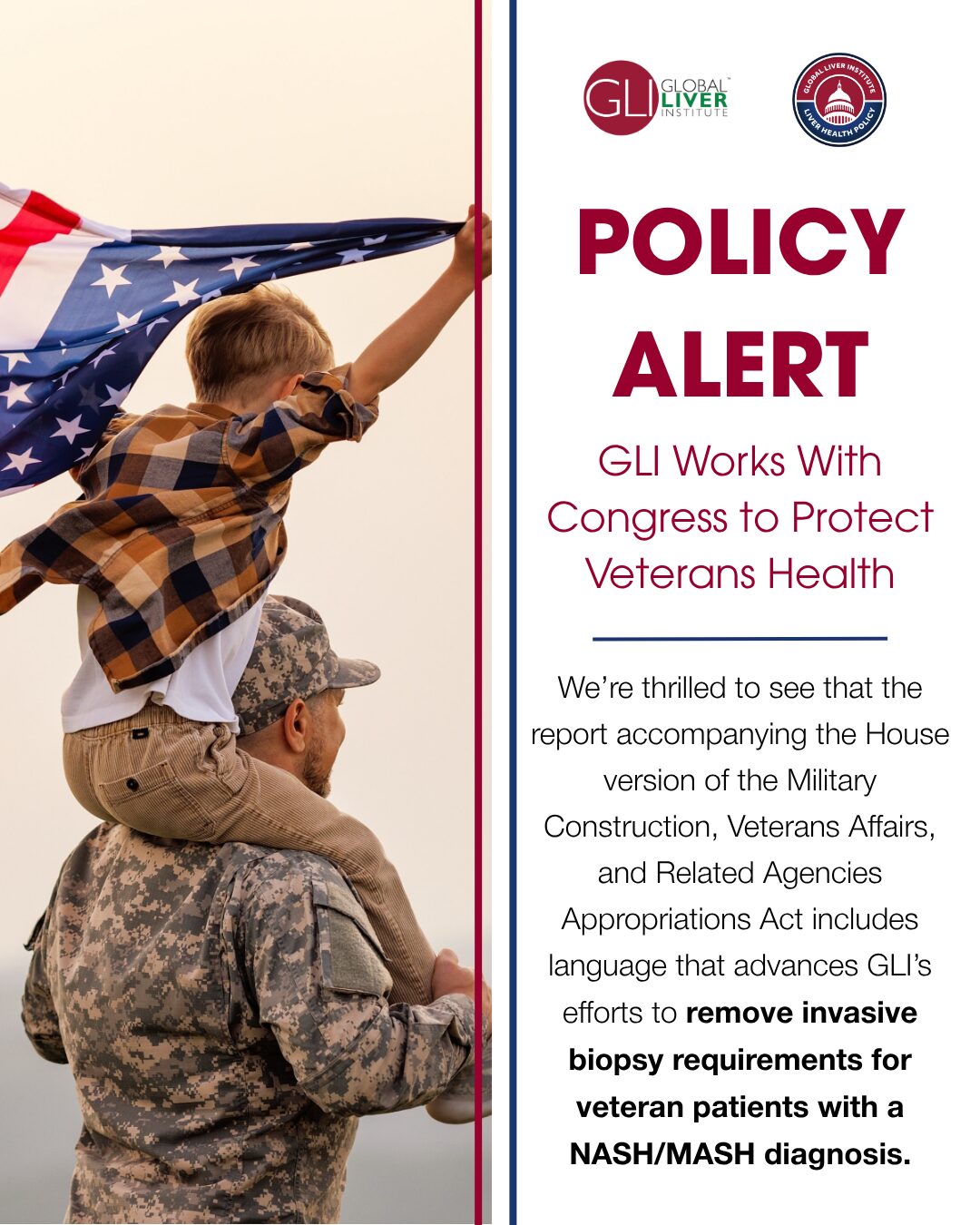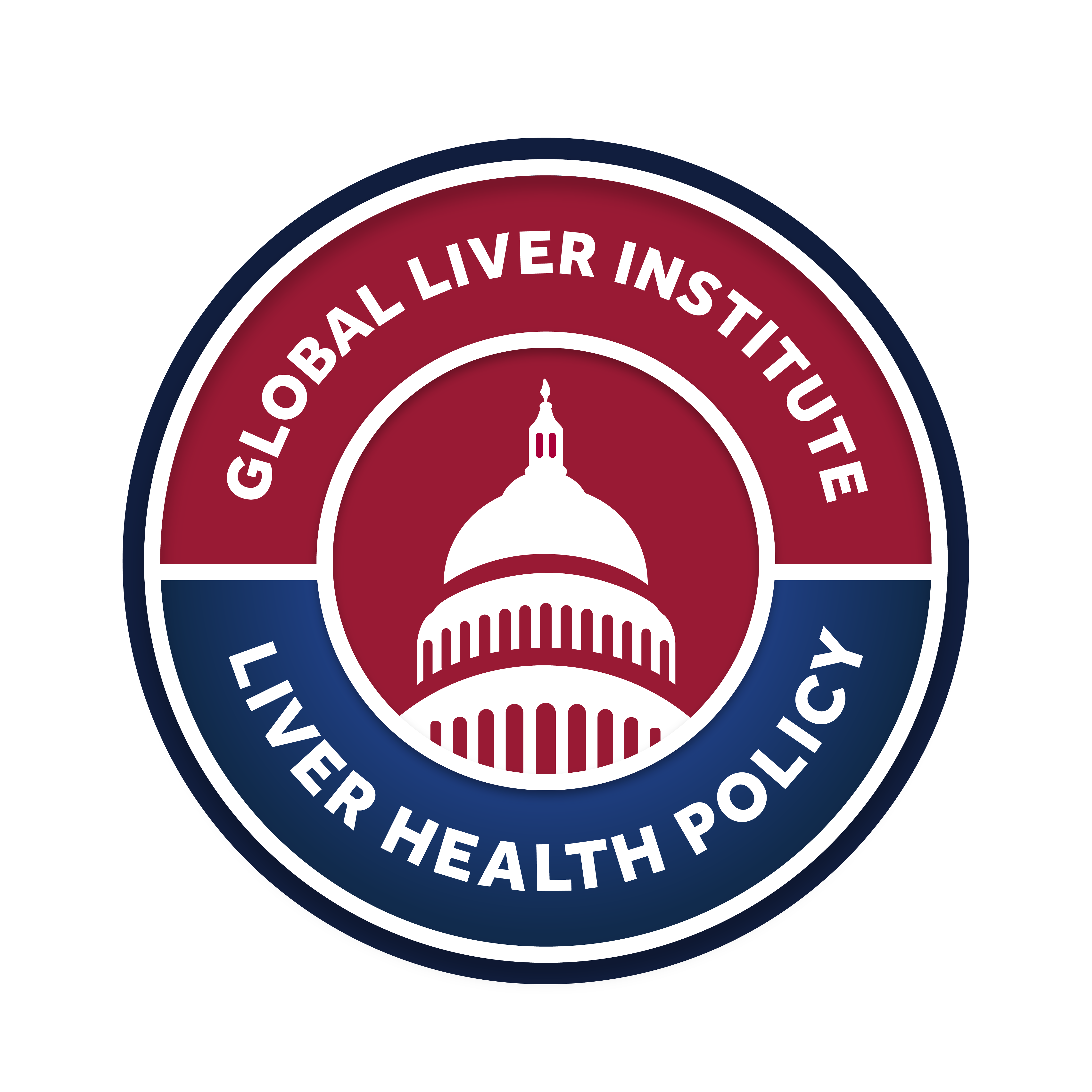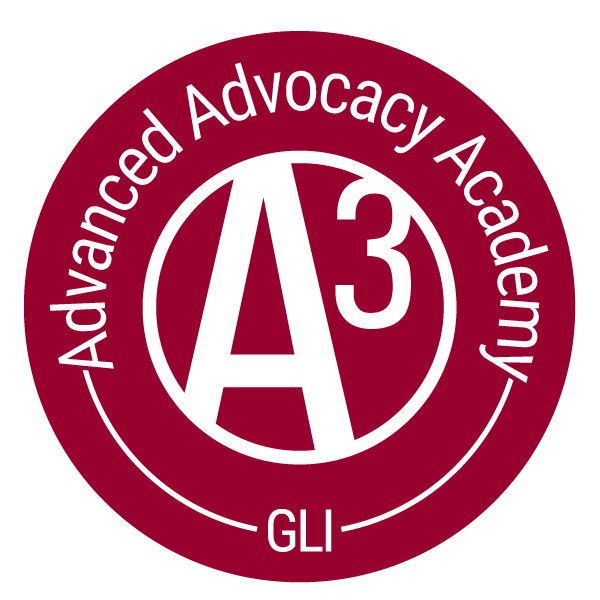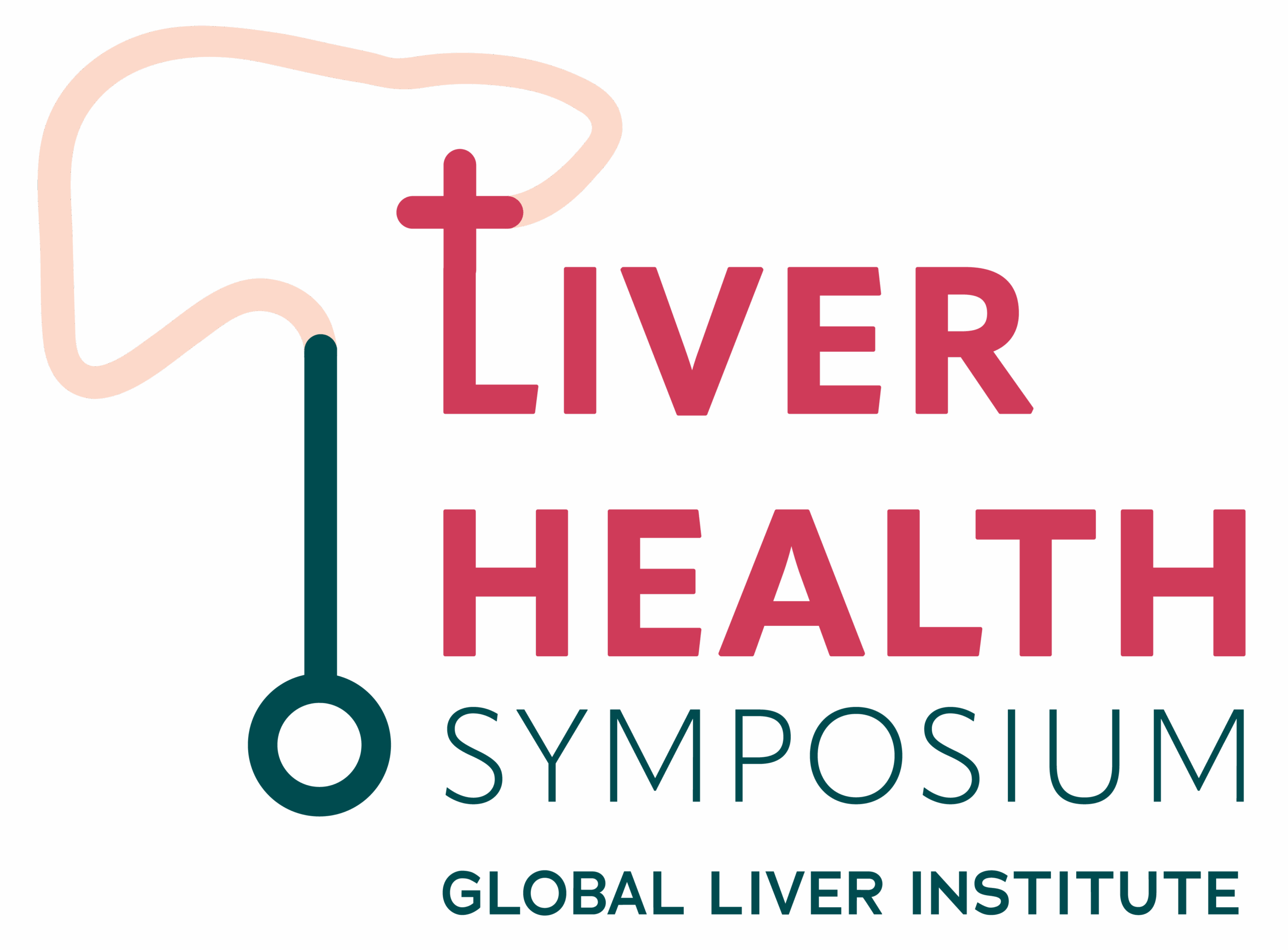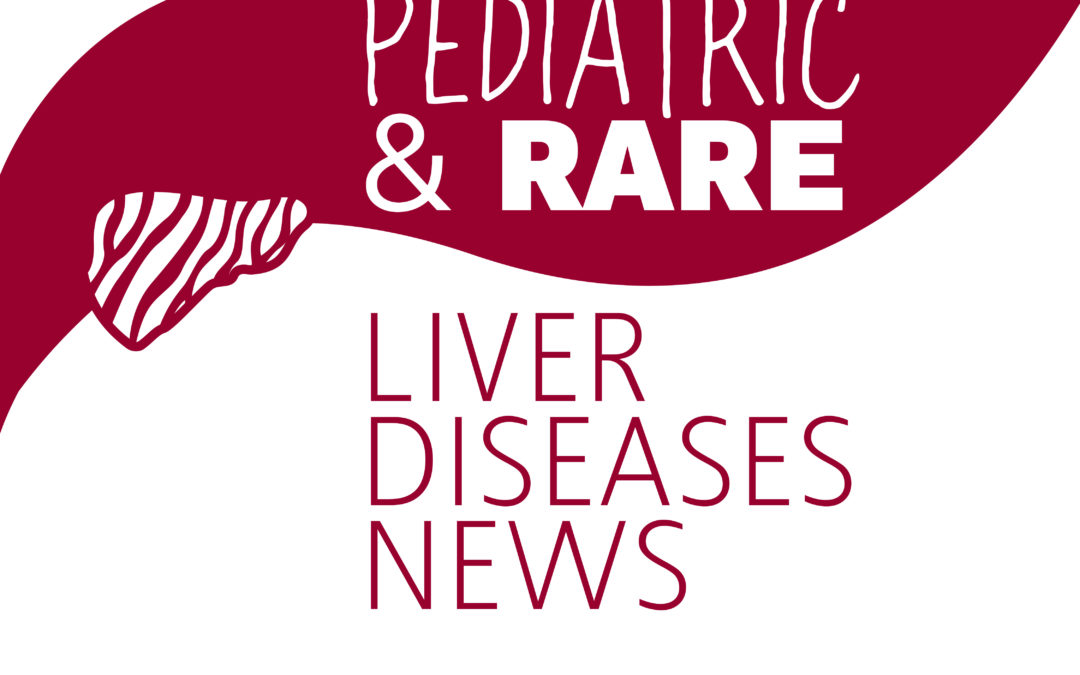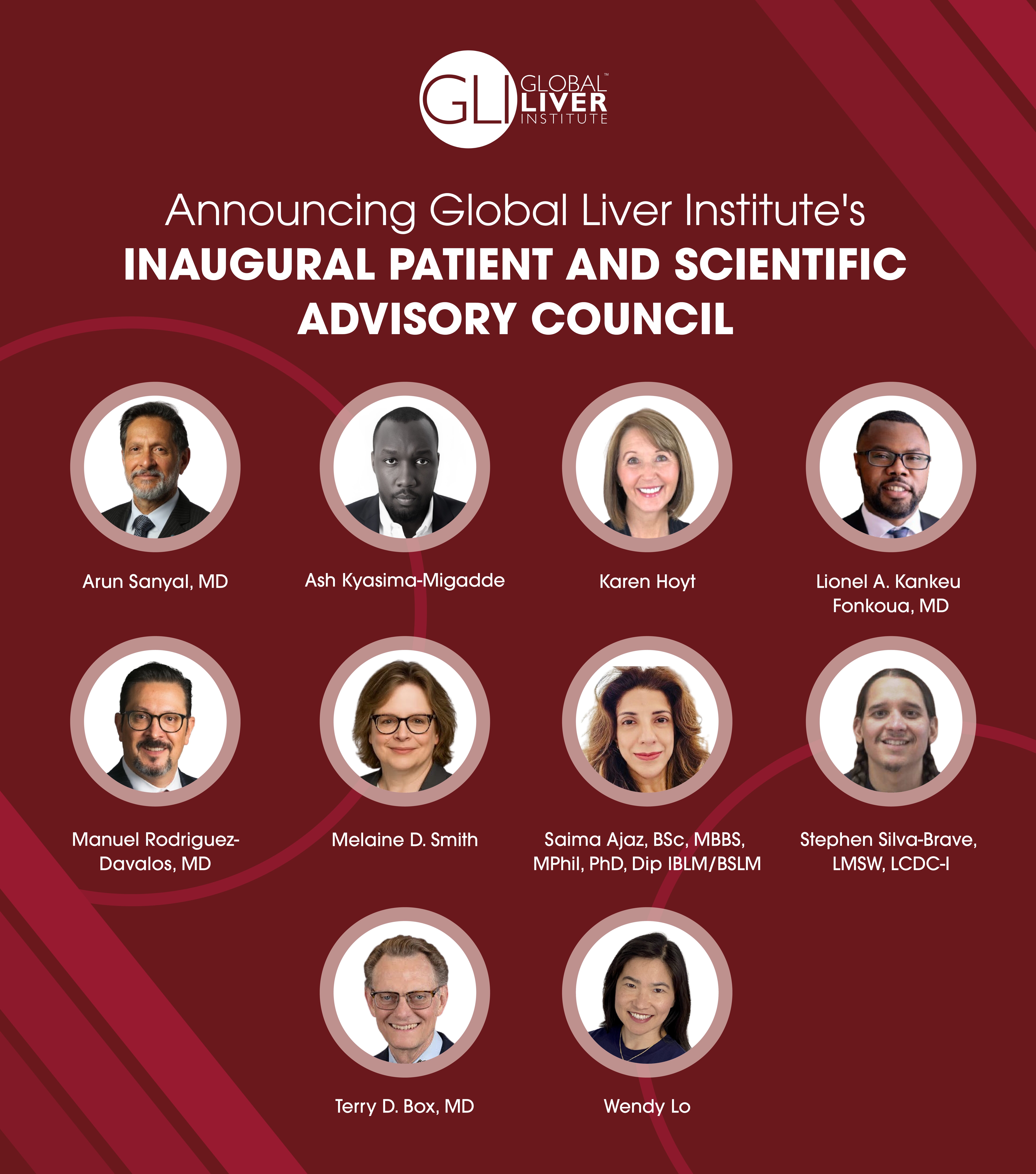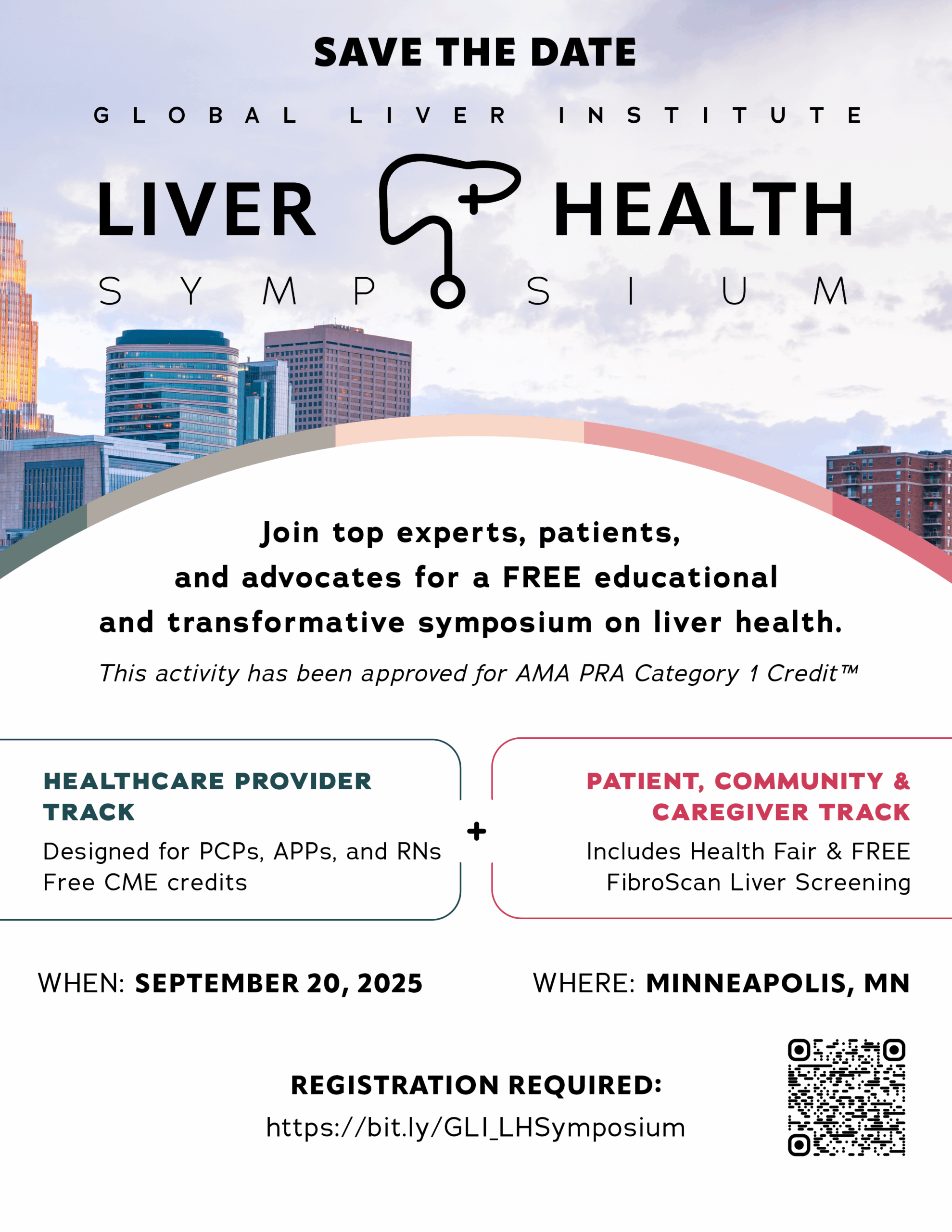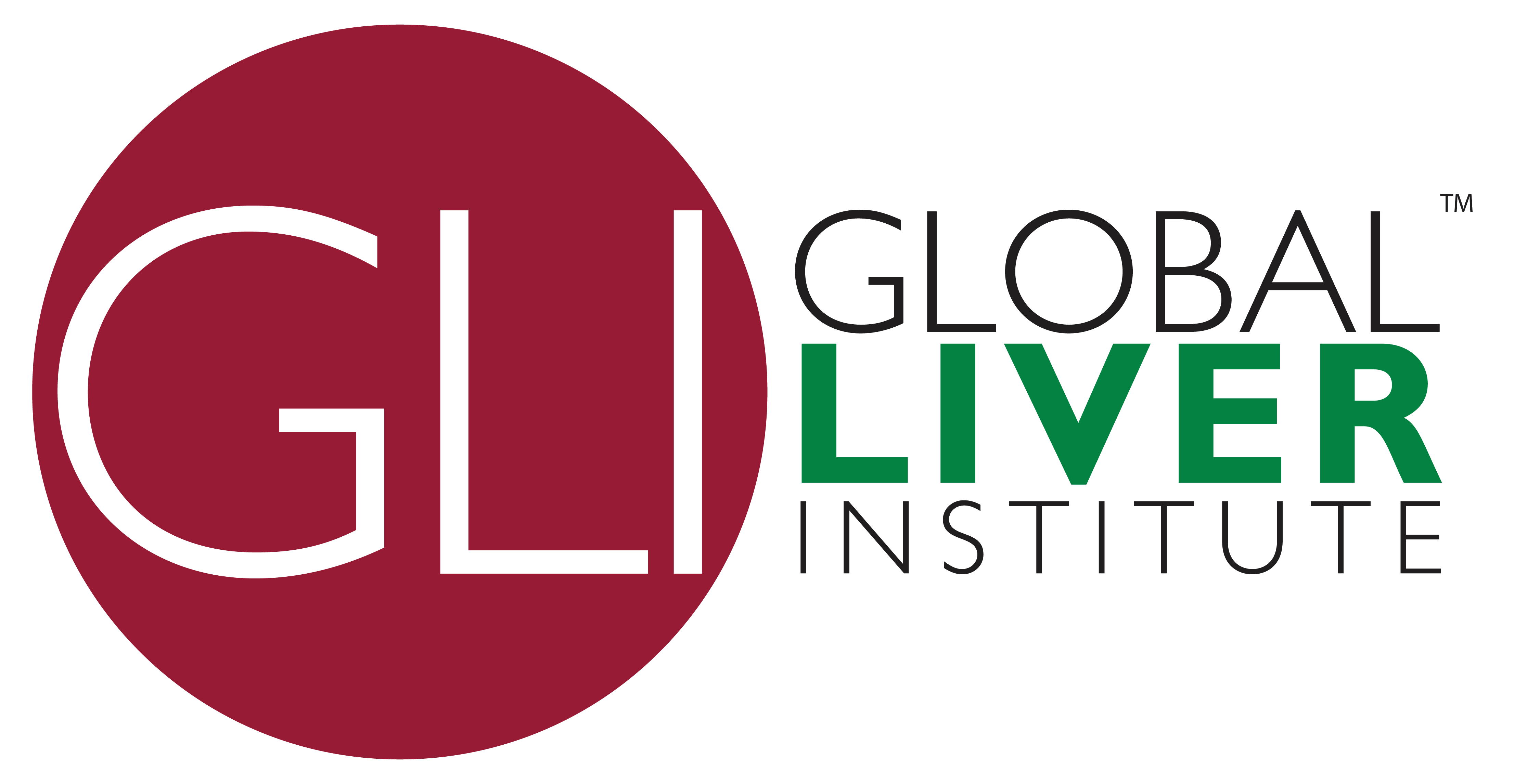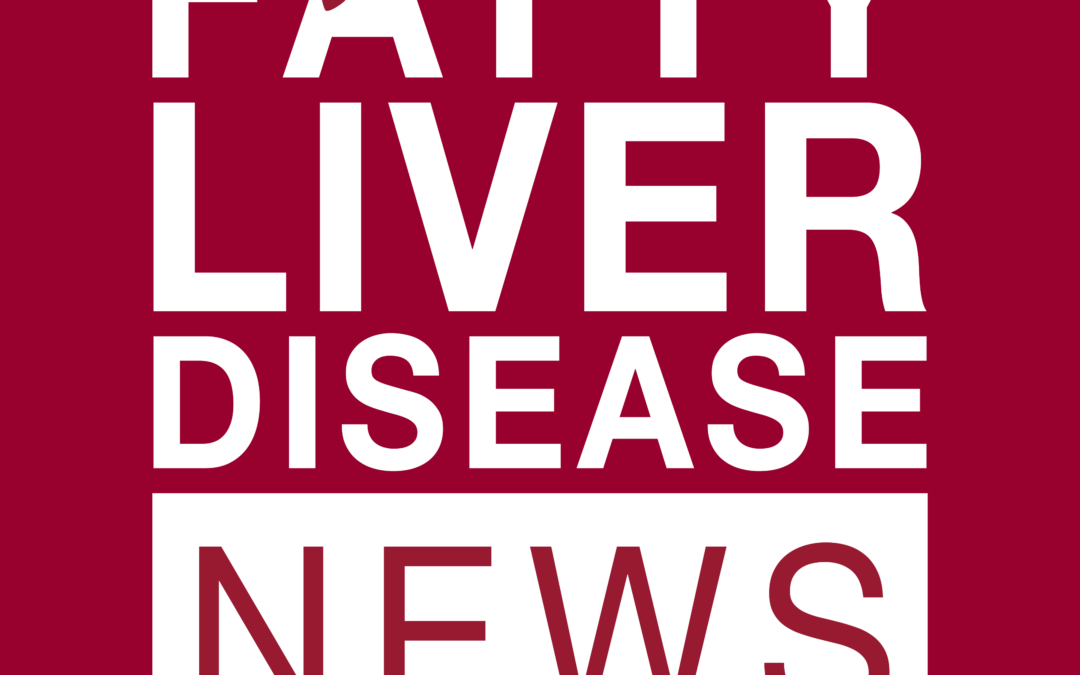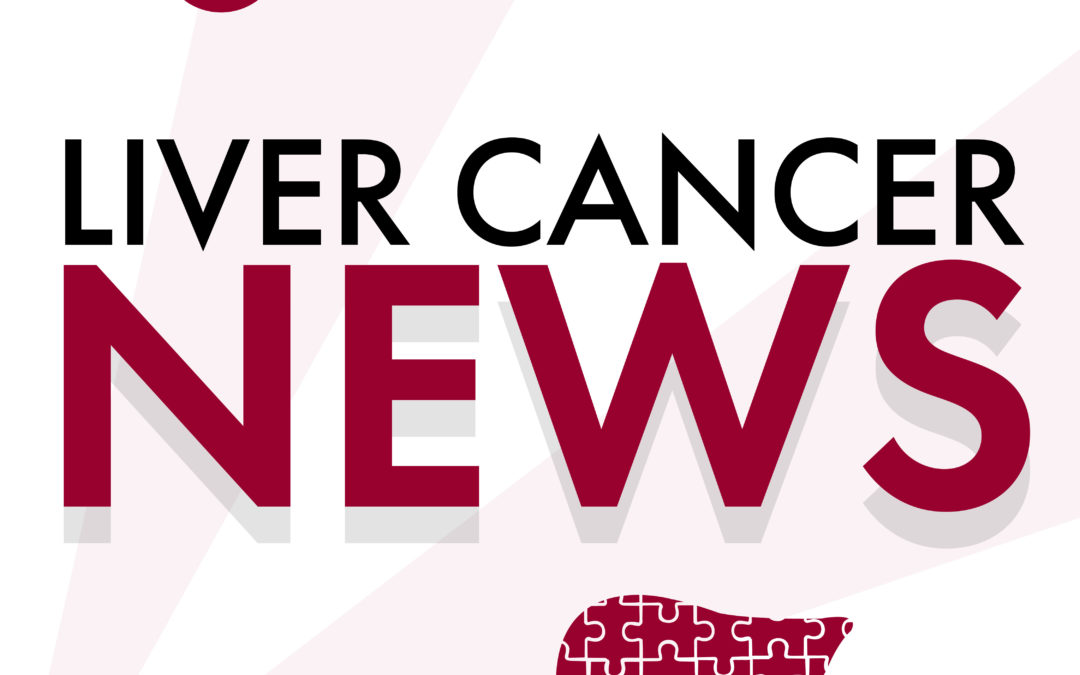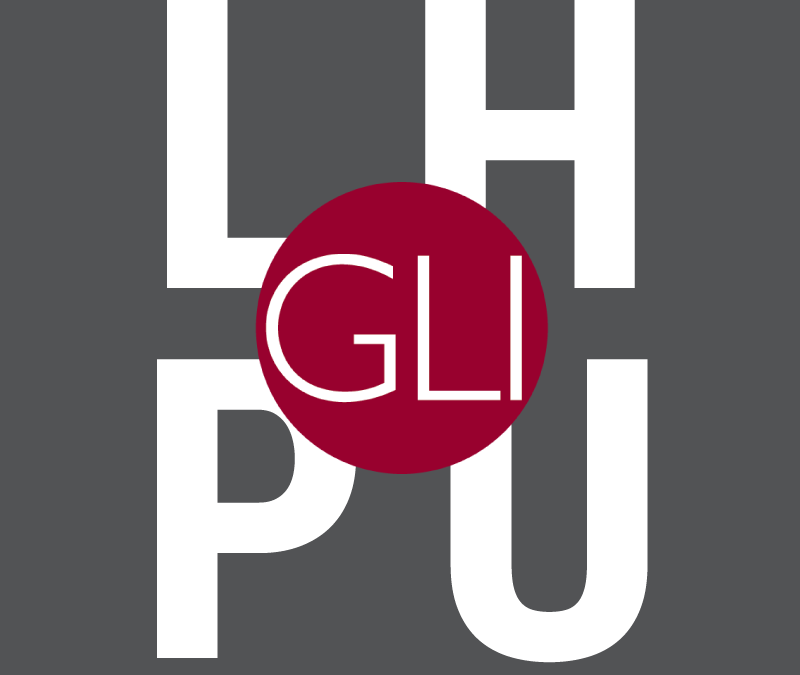
Congress Reconvenes in September to Advance Appropriations Bills, Looks Ahead to Possible Package of Health Policies – Liver Health Policy Update

Congress Reconvenes in September to Advance Appropriations Bills, Looks Ahead to Possible Package of Health Policies
GLI looks forward to hitting Capitol Hill to support liver health policy priorities, including access to care, medical nutrition, early screening and diagnosis, and protection against policies that devalue patients living with disabling conditions and diseases.
CDC Leadership in Turmoil
The Trump administration has ousted CDC Director Susan Monarez just one month into her tenure, sparking the resignation of four senior officials in protest. Monarez, who reportedly resisted pressure to endorse sweeping changes to U.S. vaccine policy, has refused to step down, with her attorneys calling the move “legally deficient” and warning of the politicization of public health. In response, Senator Bill Cassidy (R-LA), chair of the Senate Health, Education, Labor, and Pensions (HELP) Committee, called for the U.S. Department of Health and Human Services Advisory Committee on Immunization Practices (ACIP) to indefinitely postpone their September 18th meeting. GLI will continue to monitor the situation and ensure opportunities for patient input remain available in relevant CDC processes and decisions.
Milestone for “Beyond the Biopsy” in MASH
The FDA has accepted a proposal to replace invasive procedures with noninvasive technologies in clinical trials for drugs targeting MASH — a critical step toward accelerating treatment development for millions living with this silent condition. Next, the FDA will initiate a Qualification Plan by collecting and analyzing all relevant data and then potentially issue a “QP Determination Letter” identifying other data necessary for the sponsor to collect before the submission of a full qualification package (FQP), which will be submitted to the FDA to make a determination. Still, this is an important first step. Thanks to the relentless advocacy of GLI’s Beyond the Biopsy program, the Liver Action Network, and patient advocates, meaningful progress is being made toward safer diagnosis and monitoring for people with MASH.
HHS Launches ‘MAHA in Action’ Tracker
The Department of Health and Human Services (HHS) launched a new platform that seeks to showcase federal initiatives and state-led reforms in U.S. food, health, and public safety systems. Explore the platform here.
RFK Jr. Warns Docs of Liability if They Stray From CDC on Vaccines
The American Academy of Pediatrics’ (AAP) recent pediatric COVID-19 vaccine recommendations, which differ from those of the CDC, have raised concerns from HHS Secretary Robert F. Kennedy Jr., who responded with an oblique warning to any physicians who might follow the AAP’s advice. “AAP should … be candid with doctors and hospitals that recommendations that diverge from the CDC’s official list are not shielded from liability under the 1986 Vaccine Injury Act,” Kennedy posted this week on X. The AAP recommendations, released on Tuesday, included a strong endorsement of COVID-19 shots for children ages 6 months to under 2 years. The group also recommended COVID-19 shots for older children if the parents wish to do so. Those recommendations differ from the guidance issued by the CDC, which has said the vaccines are not specifically recommended for children, although they can still get them if parents and providers agree.
HHS Terminates NIH Program Aimed at Diversifying Biomedical Workforce
The Department of Health and Human Services is terminating a National Institutes of Health grant program that supports students from marginalized backgrounds in the biomedical sciences. HHS Secretary Robert F. Kennedy Jr. announced the elimination of the program — the Minority Biomedical Research Support Program — in a document posted to the Federal Register on August 26. Kennedy cited the program’s failure to comply with the Trump administration’s executive orders that prevent federal agencies from supporting diversity, equity, and inclusion-related activities. Experts say that the termination of the program, which provided everything from funding for undergraduates’ lab salaries to mentorship from senior investigators, could close off scientific careers for individuals who wouldn’t otherwise have access to research opportunities.
Supreme Court Allows Trump to End DEI Research at NIH
NIH research grants that promote diversity, equity, and inclusion and what the Trump administration calls “gender ideology extremism” can now be terminated, following a Supreme Court decision. By a 5-4 vote, the justices lifted an order a federal court judge in Boston issued forcing the NIH to restore funding for more than 1,700 grants focused on heart disease, HIV/AIDS, Alzheimer’s disease, alcohol and substance abuse, and mental health issues. The administration had requested relief on the grounds that the federal government shouldn’t be required to pay for research — which it said amounted to $783 million in grants — not aligned with President Donald Trump’s executive orders and his administration’s priorities.
GLI Advocates for CMS to Advance Coverage of Treatments for Obesity
GLI recently urged CMS to include access for Medicare recipients to evidence-based obesity treatments such as intensive behavioral therapy (IBT) and Food & Drug Administration (FDA) – approved obesity medications in an upcoming proposed rule. Doing so will enable the Medicare program to align with the prevailing medical consensus that obesity is a chronic disease. To view the letter from GLI, the Obesity Care Action Network, please reach out to Alyssa Davenport at adavenport@globalliver.org.
Congress Positioned to Take Action on Enhanced Premium Tax Credits
If Congress also allows enhanced premium tax credits (which help people buy insurance coverage on the marketplace) to expire this year, more people could lose coverage, compounding the financial strain on already vulnerable providers. According to the Kaiser Family Foundation, the combined effects of the new budget law and the expiration of the ACA enhanced tax credits, compared to a scenario where the enhanced subsidies are in place, will result in the greatest increases in Louisiana, Florida, and Arizona, where the uninsured rate is expected to increase by at least 5 percentage points. In 34 states and the District of Columbia, the uninsured rates could be 3% or more higher than would otherwise be the case. GLI is following this issue closely as Congress reconvenes. The National Association of Insurance Commissioners (NAIC), bipartisan state insurance regulators from across the country, are again calling on Congress to extend the enhanced premium tax credits as soon as possible to protect subsidized and unsubsidized marketplace enrollees from large-scale premium increases should the subsidies expire. To read the letter to Congressional leaders, please reach out to Alyssa Davenport at adavenport@globalliver.org.
Senators Cassidy and Van Hollen Introduce the Cure Hepatitis C Act
GLI proudly supports legislation (S.1941) introduced by Senators Bill Cassidy (R-LA) and Chris Van Hollen (D-MD) aiming to implement a nationwide elimination program for the hepatitis C virus (HCV) in the United States. The bipartisan bill prioritizes patient health and safety, advances a national plan to eliminate hepatitis C, and seizes an opportunity to end a global health crisis through screening, diagnosis, and treatment. Since curative treatments became available over a decade ago, GLI has advocated for a national strategy to eliminate this now-treatable infectious disease.
GLI’s statement can be found here. View AASLD’s action alert to help gather additional Senate co-sponsors. To view the letter of support, please reach out to Alyssa Davenport at adavenport@globalliver.org.
GLI Works With Congress to Protect and Advance Veterans’ Health
GLI, in close coordination with congressional staff, has worked tirelessly to ensure that veterans diagnosed with MASH/NASH have no barriers to their care and treatment. GLI and patients with liver disease are very concerned about the Veterans Affairs (VA) biopsy requirement, which is contrary to the label from the Food and Drug Administration and clinical guidelines. After extensive advocacy work, we are thrilled to see that the reports accompanying the House version of the Military Construction, Veterans Affairs, and Related Agencies Appropriations Act and now the Senate version include language that advances GLI’s efforts to remove invasive biopsy requirements for veteran patients with a MASH/NASH diagnosis. We are extremely thankful to the members of Congress and staff who worked with us to make this happen. Check out the full statement here.
As part of GLI’s Beyond the Biopsy initiative, GLI and its partners sent a letter to the VA. GLI and AASLD also sent a follow-up letter to the VA calling for coverage consistent with clinical guidelines. Most recently, GLI sent letters to commercial payers whose policies restricted access to care based on flawed criteria, including Select Health of Utah, BCBS of Mississippi, Elevance Health (Anthem/CarelonRx), and Excellus BCBS. We are encouraged that several insurers have been responsive to GLI’s request for reconsideration.
We continue to encourage signatures here on a petition to all payers calling for coverage without biopsy for steatotic liver disease (SLD). GLI also urges advocates to contact their legislators to request the VA take steps to increase efforts to screen, diagnose, and treat veterans with MASH/NASH using non-invasive diagnostics and FDA-approved treatments, similar to Tricare, the Department of Defense’s (DoD) health program for active duty military members, their families, and retirees, and provide a briefing to the Committee on these efforts.
September Key for Congressional Appropriations Process
Despite the White House’s preliminary fiscal year (FY) 2026 budget request outlining deep cuts to health and other non-defense discretionary programs, the Senate Appropriations Committee has advanced a bill funding the U.S. Department of Health and Human Services (known as the Labor/HHS bill) that is more generous than the President’s budget. Notably, funding levels for viral hepatitis at the CDC were not decreased in the Senate version. The Senate version also rejected proposed massive cuts to the NIH. GLI is encouraged that the report accompanying the Senate bill clearly articulates the importance of addressing liver-related challenges for health, such as:
- Deadliest cancers, liver (including cholangiocarcinoma);
- Vaccines for children, including hepatitis B;
- Biliary Tract Cancers;
- Liver Cancer;
- Co-infection of hepatitis B and HIV, with emphasis that liver disease is a leading cause of death for people living with HIV;
- Metabolic Dysfunction-Associated Steatotic Liver Disease [MASLD] Study;
- Vaccination and Screening for Hepatitis B;
- National Perinatal Hepatitis B Prevention Program, emphasizing preventing chronic liver disease and liver cancer;
- Strategic Plan for Trans-NIH Research to Cure Hepatitis B;
- Development of point-of-care tests for HBV, HDV, and the cancers caused by these viruses;
- Obesity as a disease, requiring comprehensive treatment.
GLI will continue to advocate for fully funded programs supporting liver health as Congress reconvenes in September.
Additional Bills Benefiting Liver Patients
GLI is closely monitoring the reintroduction of legislation that helps patients access and afford the health care they need. We will continue to update this list. A few bills reintroduced so far include:
- Living Donor Protection Act (S.1552/H.R. 4583)
- Ensures living donors do not face discrimination from insurance companies, codifies Department of Labor (DOL) guidance that covers living donors under the Family Medical Leave Act (FMLA) in the private and civil service, removes barriers to organ donation, etc.
- Accelerating Kids’ Access to Care Act (S. 742/H.R.1509)
- Improves children’s access to needed out-of-state health care by streamlining the Medicaid provider screening and enrollment process.
- Medicare Multi-Cancer Early Detection and Screening Act (H.R.842/S.339)
- Allows Medicare to cover simple blood tests to screen patients for cancer, leading to early diagnosis and treatment.
- HELP Copays Act (S.864)
- Requires health care insurers and pharmacy benefit managers (PBMs) to count payments they receive on a patient’s behalf, including payments from nonprofit organizations or drug manufacturers, toward the patient’s annual deductibles and out-of-pocket limit.
- Seniors’ Access to Critical Medications Act (H.R.2484)
- Allows Medicare patients to receive essential medications by mail or have caregivers and family members pick them up on their behalf. Reported favorably out of committee on April 29 in the House Energy and Commerce Committee.
- Pharmacy Benefit Manager (PBM) Transparency Act (S.526)
- Bans deceptive and unfair pricing schemes, prohibits arbitrary clawbacks of payments made to pharmacies and requires PBMs to report to the FTC on how much money they make through spread pricing and pharmacy fees.
- Capping Prescription Costs Act (S.529)
- Charlotte Woodward Organ Transplant Discrimination Prevention Act (H.R.1520/S.1782)
- Passed the House. Take action to support Senate passage here!
Upcoming Events:
- Friday, September 5 – Monday, September 8: Advanced Advocacy Academy, Washington, D.C.
- Saturday, September 20: GLI’s Liver Health Symposium, Minneapolis, MN, UA
- This CME program is dedicated to empowering community members, patients, caregivers, healthcare providers, and advocates with the knowledge and resources needed to improve liver health outcomes. Register

